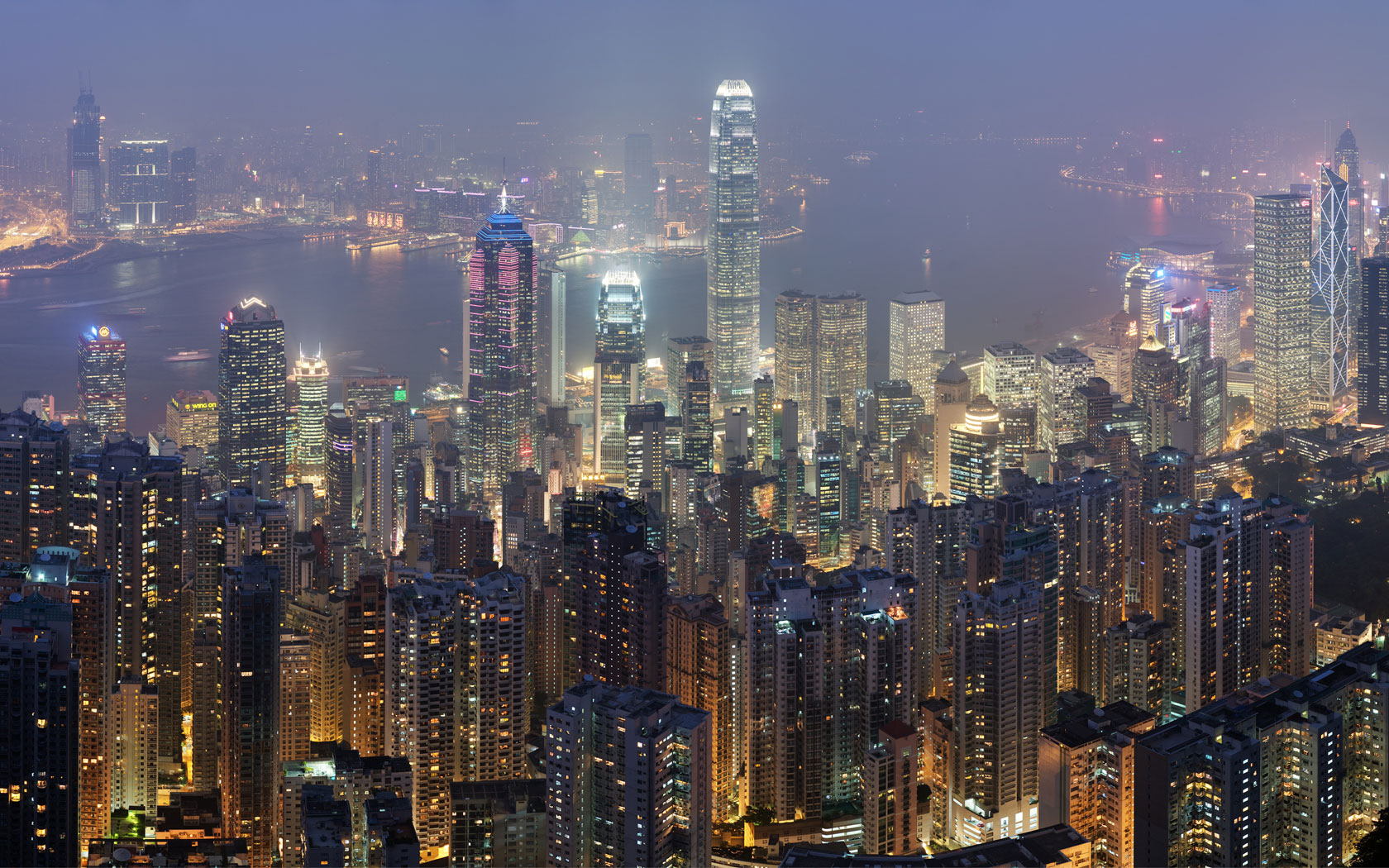Kyrgyzstan’s neighbours have too little politics, but it has too much
AT THIS TIME of year the wild cherry blossom spreads from the valley floor up the flanks of the mountains that form the glorious backdrop to Bishkek, Kyrgyzstan’s laid-back capital. Kyrgyzstan itself used to be the democratic flower of Central Asia, surrounded by hulking autocracies. But democracy has not served the 6m people of the former Soviet republic particularly well, even if they would not swap it for the dictatorships of their neighbours. Kyrgyzstan is one of the poorest countries in the region. Worse, the government’s petals are beginning to fall.
The people of Kyrgyzstan are proud that two revolutions, in 2005 and 2010, pushed corrupt presidents into exile, albeit at the cost of considerable bloodshed during the second uprising. After these events, voters approved constitutional changes that curtailed the president’s powers, including the ability to dismiss parliament. Presidents may now serve only one term. Following a competitive election in late 2017, the country’s first transfer of power from one elected president to another took place, when Almazbek Atambayev gave way to his protégé and former prime minister, Sooronbay Jeyenbekov.
Yet Mr Atambayev, for all that he claimed to champion the rule of law, had undercut democratic progress while in office. To get Mr Jeyenbekov across the line he took to jailing...























